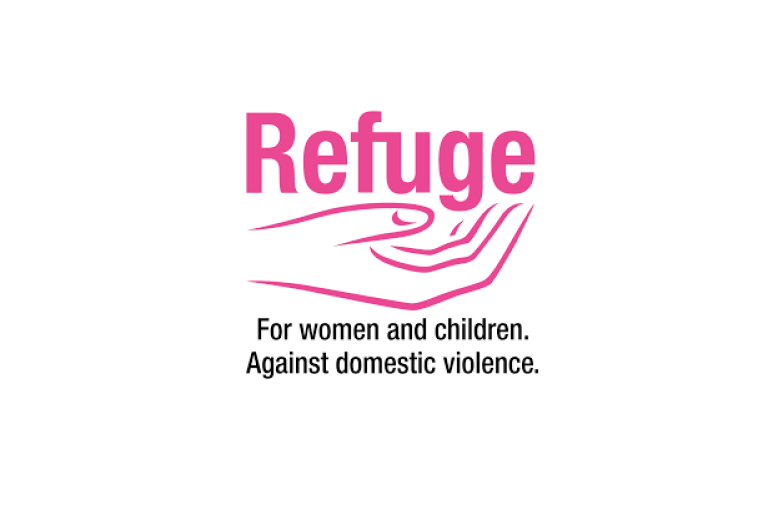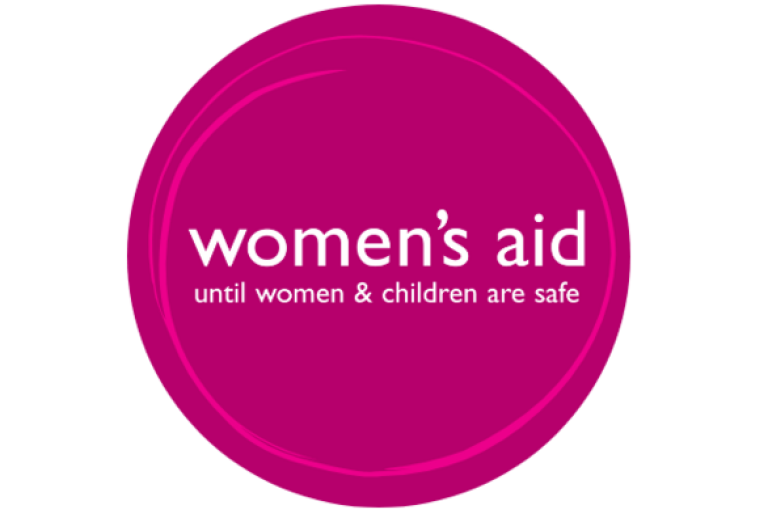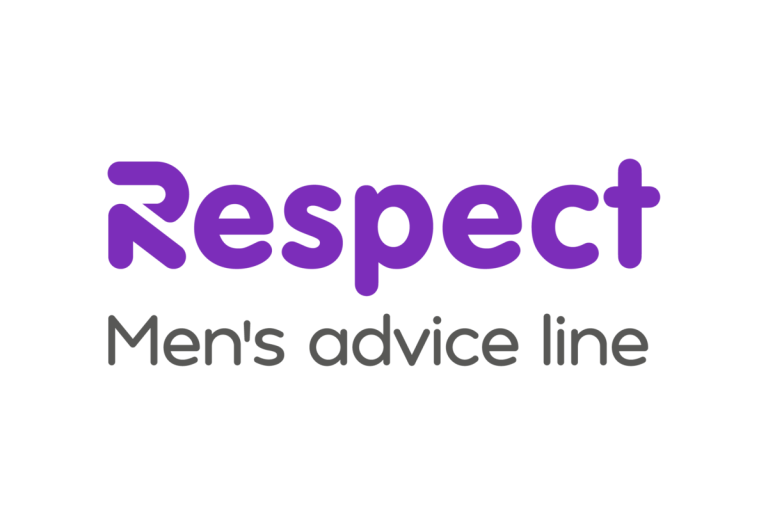Domestic abuse can happen to anyone. Find out how to recognise the signs and where to get help. If you or anyone else is in danger now, call 999 for the Police. If you can't talk to the police, dial 55 so the call handler knows it is an emergency.
If you are experiencing domestic abuse, talk to any professional you trust, such as a midwife, a health visitor, your doctor, a teacher, or staff in the children and family hubs.
You can also get support and information from helplines including;
- NIDAS (Newcastle Integrated Domestic Abuse Service): 0191 226 3688 (24 hour helpline)
- National Domestic Abuse Helpline: 0808 2000 247 (run by Refuge, 24 hour freephone helpline)
- Men's Advice Line: 0808 801 0327 (freephone, 10am - 5pm, Monday - Friday)
- Findaway if you are worried about someone else's relationship: 0300 140 0061 (9am - 5pm, Monday - Friday)
If you're worried someone might see you have visited this page, the Women's Aid website tells you how to cover your tracks online
What is domestic abuse?
Domestic abuse can take many different forms:
- psychological and emotional abuse,
- physical violence,
- sexual violence and abuse,
- coercive control,
- economic abuse,
- forced marriage,
- honour-based abuse,
- female genital mutilation,
- stalking and cyber-stalking.
Abusers come from all backgrounds and all walks of life and anyone can be a victim of domestic abuse. They may be adults, children, people in heterosexual relationships and people in same-sex relationships, men, women, transgender and non-binary people, people from black, Asian, and minoritised ethnic backgrounds, asylum seekers and refugees, disabled people, religious and non-religious people.
It happens in intimate partner relationships and extended family relationships. It can also continue after relationships have ended. It is common for abusers to escalate their behaviour at the end of a relationship in an attempt to regain control over their partner.
Domestic abuse can have a significant, long-term impact on individuals, children, families and communities.
In Newcastle, we have a range of services to support survivors of domestic abuse. We support adults, children, young people and anyone worried about their own behaviour towards someone in their family.
Make a Change
Make a Change provides support for people in Newcastle who are worried they might be hurting, scaring or trying to control their partner, and who want help to make things better. They run groups and one to one sessions to help recognise behaviour in relationships and make positive changes. Find out more on their website, email info@myharbour.org.uk or call 03000 20 25 25.
Information Now
Find more information about all of the services available in Newcastle on Information Now.



